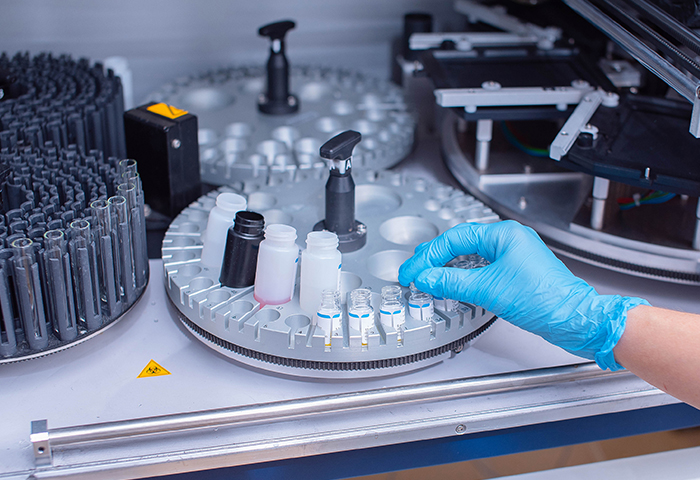Immunology is the study of the body's immune system and its functions and disorders. Serology is the study of blood serum (the clear fluid that separates when blood clots). Immunology is the branch of biomedical science that deals with the response of an organism to antigenic challenge and its recognition of what is self and what is not. It deals with the defence mechanisms including all physical, chemical and biological properties of the organism that help it to combat its susceptibility to foreign organisms, material, etc.
The use of the diagnostic clinical immunology tools is generally focused on the diagnosis or prevention of infectious disease, diagnosis of immune deficiency, detection of autoimmune responses, and diagnosis of hypersensitivity conditions. a variety of immune tests are used to help establish a diagnosis of autoimmune disease.
Immunology and serology laboratories focus on the following:
- • Identifying antibodies. These are proteins made by a type of white blood cell in response to a foreign substance (antigen) in the body.
- • Investigating problems with the immune system. These include when the body's immune system attacks its own tissues (autoimmune diseases) and when a body's immune system is underactive (immunodeficiency disorders).
- • Determining organ, tissue, and fluid compatibility for transplantation.
- • Immunology and serology tests helps in the diagnosis of Infections, Autoimmune disorders, Cancers, Chronic diseases, Allergies, Rheumatoid factor, Human leukocyte antigens (HLA) typing, etc.





